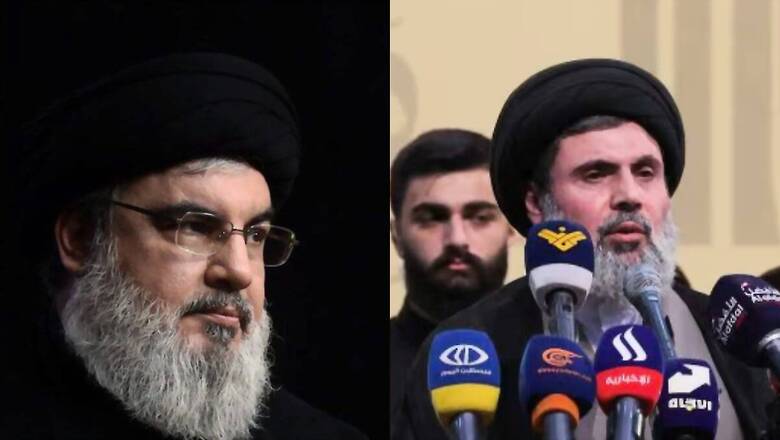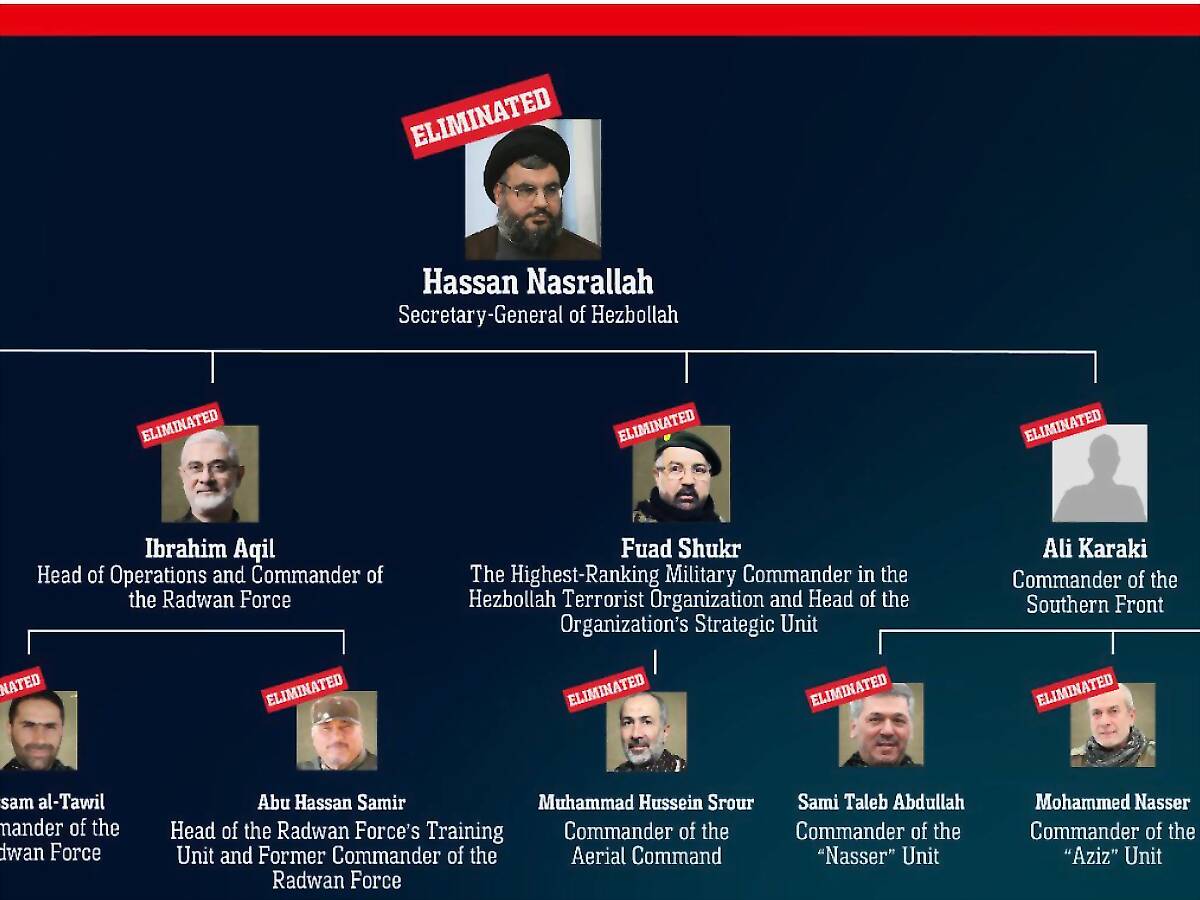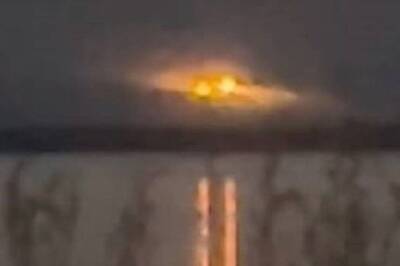
views
Sayyed Hassan Nasrallah, Secretary General of Lebanon-based militant group Hezbollah, has been killed in a ‘targeted airstrike’ launched by Israel in Beirut on Saturday.
The Iran-backed militant group confirmed the death of its chief hours after the Israel Defense Forces (IDF) announced the killing of the top leader saying, “he will no longer be able to terrorise the world.”
Who Will Succeed Nasrallah?
The development has sparked significant concern and speculation regarding the future of the militant group. The killing of Nasrallah, who led the militant group for over three decades, has likely given a substantial blow to the group especially when the Israeli military have decimated Hezbollah’s leadership structure.
Read More: Lebanon’s Hezbollah Confirms Chief Hassan Nasrallah Killed In Israeli Airstrike
“Hezbollah will not collapse if Nasrallah is killed or incapacitated, but this will be a major blow to the group’s morale. It would also underline Israel’s security and military superiority and access,” Analyst Lina Khatib of the Chatham House Policy Institute said as quoted by news agency Reuters.
According to several reports, Hashem Safieddine is being viewed as a potential heir to Nasrallah. A cousin of the late leader, Safieddine currently oversees Hezbollah’s political and financial affairs and serves on the group’s Jihad Council.
As per the reports, Nasrallah had been grooming Safieddine for leadership through various positions within the militant group.
Safieddine was designated a terrorist by the US State Department in 2017 and has previously threatened retaliation against Israel following the deaths of other key Hezbollah figures.
IDF’s ‘New Order’ Operation
The name of the Israeli military operation that assassinated Nasrallah is named “New Order.” Israeli Chief of Staff, Herzi Halevi, revealed that the strike, occurred on Friday at Hezbollah’s central command in Dahiyeh, south of Beirut, had been in preparation for a long time and marked one of the most significant blows against Hezbollah. “This is not the end of our toolbox,” Halevi stated, suggesting that more actions are planned.

The Israeli airstrikes targeted Beirut for five hours early Saturday, following Friday’s attack, which was the most powerful by Israel on the city during its conflict with Hezbollah, unfolding alongside the Gaza war.
Read More: ‘Zionists Too Small To Damage Hezbollah’: Khamenei’s Message To Israel After Nasrallah’s Death
Besides Nasrallah, the Israeli airstrikes killed several top Hezbollah commanders, including Ali Karki, commander of Hezbollah’s Southern Front, and Nasrallah’s daughter Zainab Nasrallah.
Israeli news channel Channel 12 reported her death, but there has been no official confirmation from Hezbollah or Lebanese authorities. Zainab was known for her vocal support of Hezbollah and her family’s sacrifices. She had previously spoken about the death of her brother, Hadi, who was killed by Israeli forces in 1997, the Jerusalem Post reported.
Who Was Nasrallah?
Since February 1992, Hassan Nasrallah has been serving as the secretary-general of the Iran-backed militant group. He occupied the position after the assassination of his predecessor Abbas al-Musawi by Israeli forces.
The Israeli military said Nasrallah was responsible for directing and executing terrorist attacks around the world in which civilians of various nationalities were murdered. “Nasrallah was the central decision-maker and the strategic leader of the organisation,” the IDF said.
Read More: Who Was Hassan Nasrallah? The Hezbollah Leader Killed In Israeli Strikes In Beirut
He was responsible for leading Hezbollah during the 2006 war with Israel and for expanding the group’s influence across the Middle East.
Nasrallah’s eldest son, Hadi, was killed in an Israeli attack in 1997 while fighting for the Hezbollah group.
(With inputs from agencies)




















Comments
0 comment